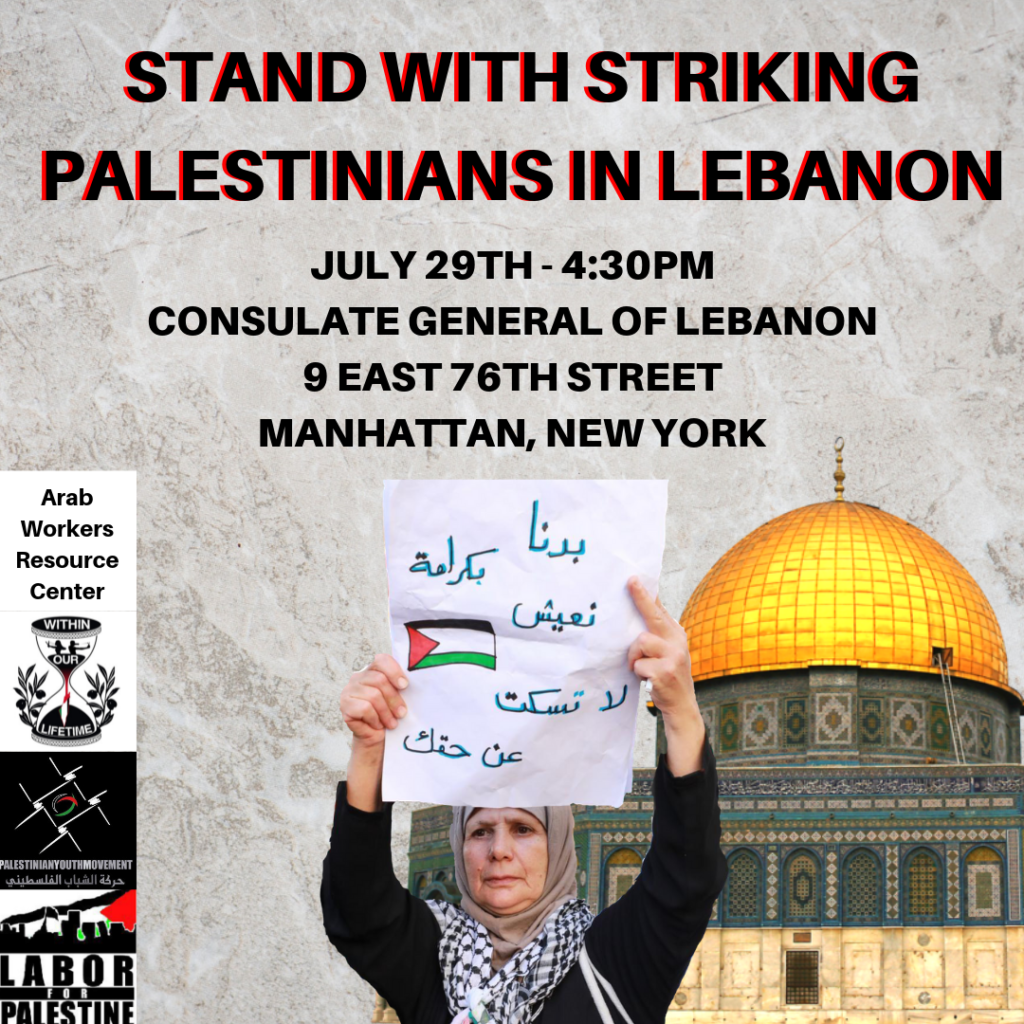Support Us With A Donation
The Latest
Elias Announces Second Cohort Activist Fellowship Program 2019
ELIAS FOUNDATION ACTIVIST FELLOWSHIP PROGRAM 2019 SECOND COHORT – OPEN FOR NEW LETTERS OF INTEREST The Elias Foundation is excited to once again announce this opportunity for Fellowships in underserved communities. We are accepting Letters of Interest from activists...
GENDA Know Your Rights Training
#FREEnewyork Townhall in Yonkers
From Katie Schaffer, Dear all, Thank you for joining us at the FREEnewyork Westchester Town Hall last night! It was powerful to share space and reflect on our collective work for decarceration and pretrial justice. Attached, you will find digital copies of:...
Free ballet classes in August
Professional dancers Mauricio Zenteno and Paulette Machicado are offering three weeks of free ballet classes in their Ardsley studio for tots and youth, as well as adults. They have a special class for youth with autism, down syndrome and other challenges. August 5th...
State of Exception: What role has local and international law played in the Occupied Territories?
https://www.thenation.com/article/noura-erakat-justice-for-some-book-review/
Conflict Resolution Facilitators Needed
Conflict Resolution Facilitators Needed at the Westchester County Jail On the weekend on May 31 to June 2, the first conflict resolution workshop was held for women at the Westchester County Jail. Nine women who had been accused or everything from misdemeanors to...
Palestinian Refugees in Lebanon Demand Dignity
Social Activist reflects on Decades of Advocacy
https://highlandscurrent.org/2019/07/12/social-activist-reflects-on-decades-of-advocacy/



